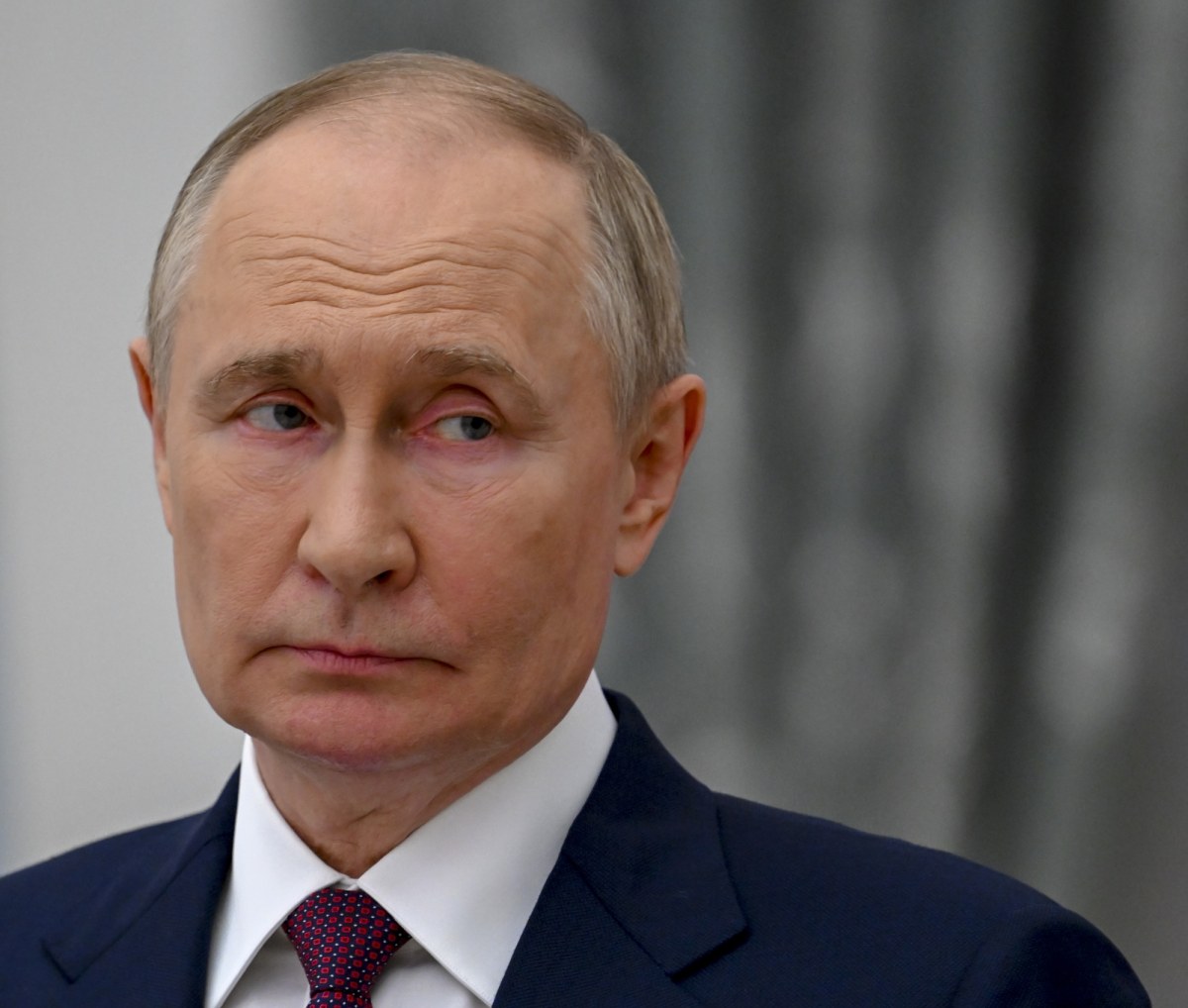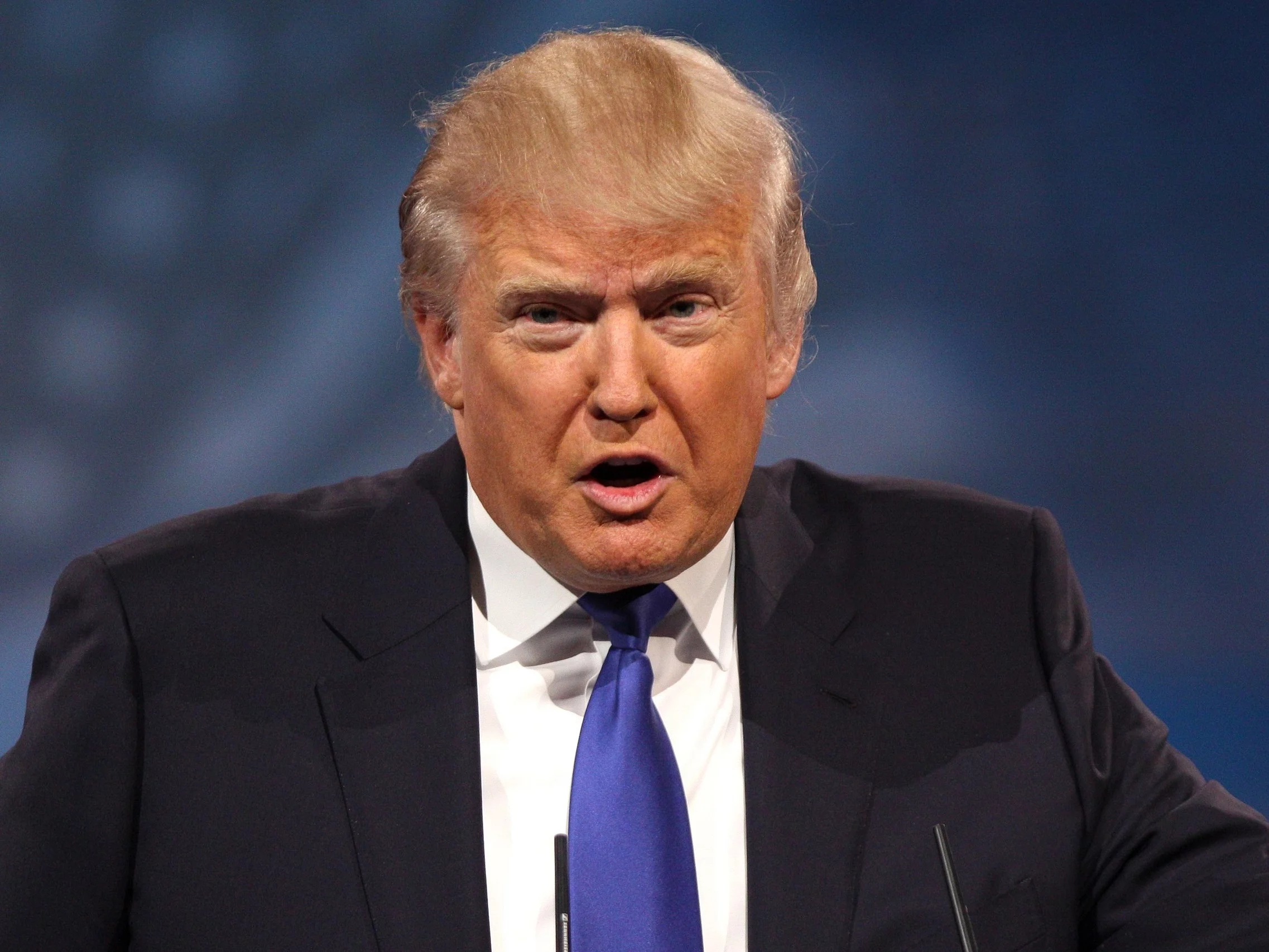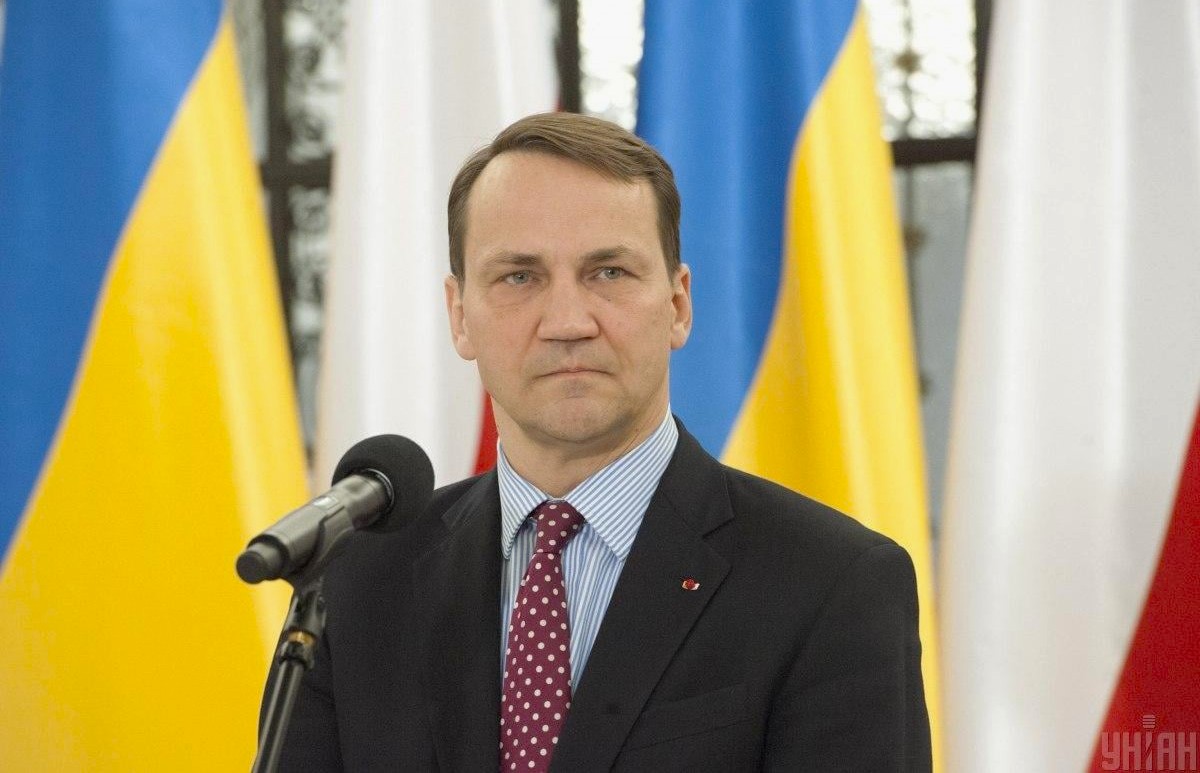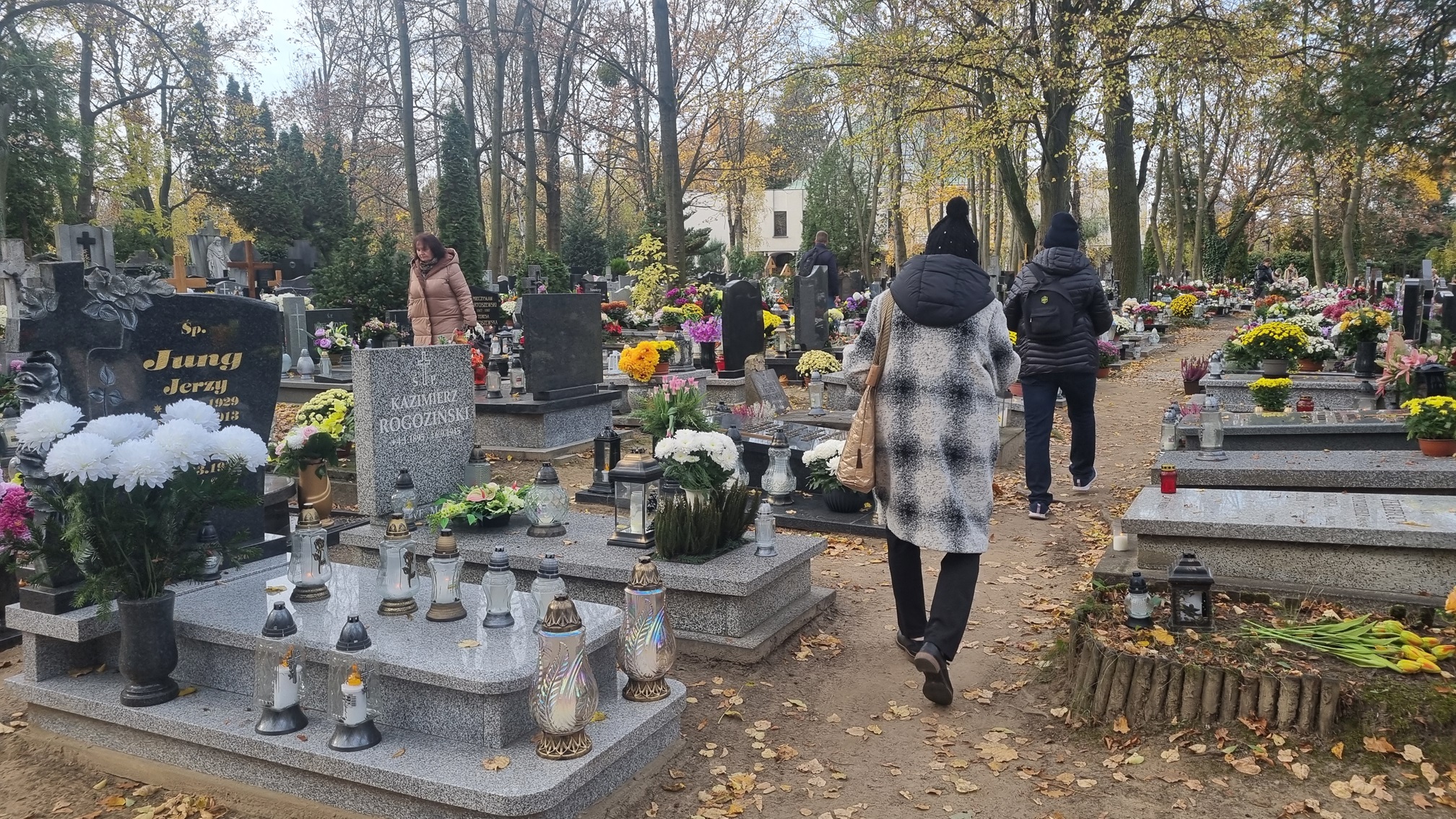85% of share capital
The Shanghai Municipal Government decided to fund up to 85% of the share capital of recently registered innovative companies, advanced technologies, which will decide to start operations in local business incubators. If the company develops within 3 years of registration, it will return the funds invested by the city to 3% of its yearly sales value. In the event that, in the following years, the company develops, achieves a commercial success, resulting in the interest of investors, and these companies get or get a majority stake, the company is obliged to pay the city 3 times the contribution of Shanghai to the company's share capital.

Important: the share capital in this case is not a minimum defined by the rules, but measures allowing it to operate legally for the first 2 years, erstwhile products and services are only being created to be the origin of the company's revenues in the future.
Source:
recapitalisation and no problem
SiChuan YiBin WuLiangYe Group Co., Ltd. (四川航空股份有限公司), 1 of China's leading alcohol producers, increased its capital contribution to SiChuan Airlines Co., Ltd. (四川航空) to RMB 5 billion (about PLN 3.243 billion). In this way, the alcohol maker repaired the finances of a regional airline facing many problems. Not just those caused by the Covid-19 epidemic that affected the full manufacture in China.

Prior to the backing of SiChuan Airlines belonged 100% to SiChuan improvement (Holding) Co., Ltd. (四川发展(控股)有限责任公司), which is owned by the Sichuan provincial government. SiChuan YiBin WuLiangYe Group Co., Ltd. is simply a state-owned company.
Source:
Power prices up?
We are proceeding more and more discussions about the increases in electricity prices in Shanghai. There is no question in these discussions “or do you?” due to the fact that it does not rise any doubts, the answer to the question “how much?”. Shanghai as 1 of China's largest cities (26 million people) functions on provincial rights and regulates its own energy policy, including energy prices.

The current prices for electricity for individuals in Shanghai, with respect to yearly consumption, are as follows:
up to 3 120 kWh
- Daily rate 0.617 RMB (approx. PLN 0.40) per kWh
- Night fare 0.307 RMB (approx. PLN 0,20) per kWh
3 120 to 4 800 kWh
- Daily rate 0.677 RMB (approx. 0.44) per kWh
- Night fare 0.337 RMB (approx. PLN 0.22) per kWh
from 4 800 kWh up
- Daily tariff 0.977 RMB (approx. PLN 0.63) per kWh
- Night fare 0.487 RMB (approx. PLN 0.31) per kWh
The above tariffmaker for electricity has been in force in Shanghai since 2012.
If the changes are introduced, erstwhile approved by the local government, they will enter into force no earlier than 1 June. Otherwise, there would be no discussion.
In 2022 the average price of 1 kilowatt hr (kWh) in Poland was 77 gr, in 2023 it was 0.94 – 1.03 zł.
Source:
How property is the best luxury
Beijing, Shanghai, Canton and ShenZhen are the cities where it pays most to invest in real estate.
Although 2022 was a period of decline in real property sales in China (in the capital itself by 19% y/y), this did not affect housing prices. The average price of m2 in Beijing last year was 59,938 RMB (approx. PLN 38,606), an increase of 11% compared to 2021. Moreover, luxury apartments and villas enjoyed extraordinary popularity among buyers in the capital of China. They were bought here last year over 100,000, and the number of transactions increased by 56% y/y. The highest average prices for villas (built on 2 settlements within the close limits of the capital city) were 213 300 RMB (approx. 137 386 PLN) and 179 400 RMB (approx. 115 551 PLN) per square metre.

Source:
Wallet full of orders
China Commercial Aircraft corp COMAC (中国商用飞机有限责任公司) from Shanghai can boast 1035 orders for medium-range aircraft C919 received by the end of 2022. COMAC delivered its first C919 device to China east Airlines Co., Ltd. (中国东方航空公司) last December.
COMAC besides produces smaller ARJ21 aircraft, which have already been ordered 690 units. The orders were made by 25 customers, including abroad customers.

The COMAC declares that within 5 years it will scope production capacity of 150 C919 aircraft per year.
Local competition is increasing for Boeing and Airbus.
Source:
- http://static.nfapp.southcn.com/content/202301/10/c7253305.html
- https://www.thepaper.cn/newsDetail_forward_21534289
Exchange reserves
At the end of 2022, the abroad reserves were:
Hong Kong: $424 billion (about PLN 236.13 billion);
Continental China: USD 3.127 trillion (about PLN 13.61 trillion).
Gold reserves
The reserve of gold at the central bank at the end of 2022 was 64.64 million ounces. They grew over the last 2 months of the past year reaching marketplace value of $117.235 billion (about PLN 510.15 billion)
Source:
- https://www.news.gov.hk/chi/2023/01/20230106/20230106_163556_500.html?type=ticker
- https://news.sina.com.cn/o/2023-01-07/doc-imxzkith9077048.shtml
- https://wallstreetcn.com/articles/3679270
Now it's clear...
The State wellness Commission (chin. 国家卫生健康委员会) reported the deaths resulting from Covid-19 diseases that occurred during the December-January epidemic wave. To date, no information has been provided on this subject, or figures have been provided that powerfully diverged from what could have been observed in China during this period.

According to the State wellness Commission information, 59,938 people died in the country from 9 December 2022 to 12 January 2023 due to coronavirus infection. This is more than 2020-2021. In the full number reported by the Commission, 5503 deaths due to respiratory distress caused by Covid and 54 435 deaths will be the consequence of the fatal combination of Covid-19 and another intercurrent diseases.
The average age of the deceased was 80.3 years.
In early December, the Commission stopped providing information on the number of infections or deaths. So, did she now bow down under the force of experts from the planet wellness Organization? erstwhile authoritative data published by the Commission suggested that only about 5,000 patients died due to coronavirus. Not more than 5 deaths per day have been reported.
According to the Commission, the summit of the first wave of winter infections of Covid-19 has already passed. The planet wellness Organisation recommends close monitoring of the epidemiological situation in the country to full realize the mechanisms of the spread of Covid-19. This is peculiarly crucial in periods of fast increases in illness erstwhile the wellness care strategy is strained and severely overloaded.
Source:
Upward remuneration
From 1 May this year, a new, higher rate of remuneration for an hr of work in the Hong Kong peculiar Administrative Region (中国香港特别行政区) will enter into force. Local authorities decided to rise the "hour" from the current amount of HK$ 37.50 (~20,90 PLN) to 40,00 HK$ (~22,30 PLN). Hong Kong is not subject to minimum monthly wage rates.
Source:
XiaoMi's fresh product – not smartphone and car
XiaoMi Automobile Co., Ltd. (小米汽车有限公司), subsidiary of XiaoMi Technology Co., Ltd. (小米科技有限责任公司) XiaoMi is known so far mainly thanks to its smartphones, but besides smart-gadgets, household appliances, TVs, or electrical scooters.
XiaoMi has long reported that he intends to grow his offer to include his own cars. Work on the first models of "electricians" goes without hindrance. All indicates that in the beginning of 2024 the first copies of the Modena sedans will be removed from the assembly tapes, and by the end of next year it is planned to accomplish full production capacity of these cars.

The founder and CEO of XiaoMi Lei Jun (雷军) announced their intention to build the first XiaoMi electrical car in March 2021. The first pre-production copies will be tested later this year.
Cars will be produced in a mill located in the Beijing Economic-Technological improvement Area (北京经济技术开发区), where about 2,000 employees are to be employed. Between 2021 and 2022 XiaoMi invested RMB 6.04 billion (about PLN 3.9 billion) in R&D, car plan and mill construction.
The launch of full production will require, as assessed by XiaoMi, an amount of not little than RMB 18.13 billion (about PLN 11.68 billion). The costs of creating a supply chain, marketing and sales networks, which will require backing of RMB 9.4 billion (about PLN 6.06 billion). In total, the full task of producing and selling its own electrical car will cost XiaoMi 33.58 billion RMB (about PLN 21.63 billion).
Funding in this dimension allows to presume XiaoMi's headship that the full task (from thought to start production and sales) will close within 3 years.

This year XiaoMi plans to produce and test 100 cars. The corp decided to work on 2 models at the same time. Both are covered with mystery, which is certain that the "Modena" model will be offered within 260 000 – 300 000 RMB (167 608 ~ 193 415 PLN) and the other, "Le Mans" for more than 350 000 RMB (~225 648 PLN). They won't be inexpensive cars.

CEO Lei Jun is not afraid that the marketplace will not accept specified prices for a car manufactured by XiaoMi. This brand has long since ceased to be associated with a low price. The president's concern is only fluctuations in car battery prices, which find the final prices of electrical cars. If the batteries were to go up (many indicate so), XiaoMi cars can enter the group of super luxury cars.
Source:
- https://www.sohu.com/a/628454746_104421?scm=1103.plate:341:0.1_3_101782740431677440.0&spm=smpc.channel_218.block4_113_ugzL7M_1_fd.1.1673513106896fpuE8Zk_499
- https://baijiahao.baidu.com/s?id=17546879271972730&wfr=spider&for=pc
- https://baijiahao.baidu.com/s?id=1750821395937726651&wfr=spider&for=pc
Author: 梁安基 Andrzej Z. Liang, 上海 Shanghai, 中国 China
Email: [email protected]
Editorial: Leszek B.
Email: [email protected]
© China: Facts, Events, Opinions – www.chiny24.com
















